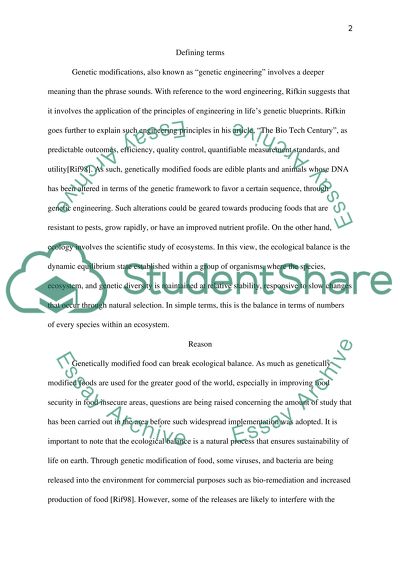Cite this document
(Genetically Modified Food Coursework Example | Topics and Well Written Essays - 2250 words, n.d.)
Genetically Modified Food Coursework Example | Topics and Well Written Essays - 2250 words. Retrieved from https://studentshare.org/family-consumer-science/1689505-genetically-modified-food
Genetically Modified Food Coursework Example | Topics and Well Written Essays - 2250 words. Retrieved from https://studentshare.org/family-consumer-science/1689505-genetically-modified-food
(Genetically Modified Food Coursework Example | Topics and Well Written Essays - 2250 Words)
Genetically Modified Food Coursework Example | Topics and Well Written Essays - 2250 Words. https://studentshare.org/family-consumer-science/1689505-genetically-modified-food.
Genetically Modified Food Coursework Example | Topics and Well Written Essays - 2250 Words. https://studentshare.org/family-consumer-science/1689505-genetically-modified-food.
“Genetically Modified Food Coursework Example | Topics and Well Written Essays - 2250 Words”. https://studentshare.org/family-consumer-science/1689505-genetically-modified-food.


